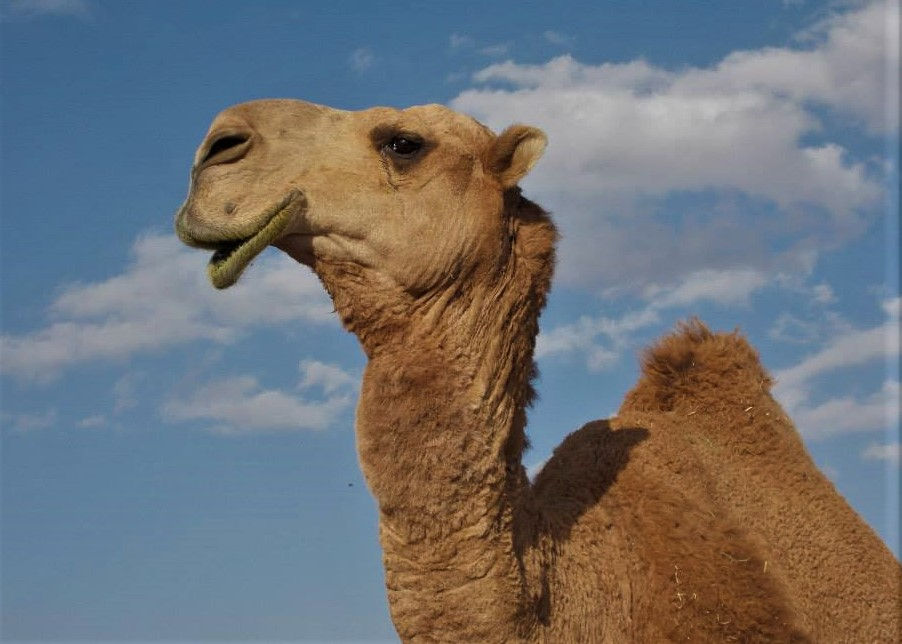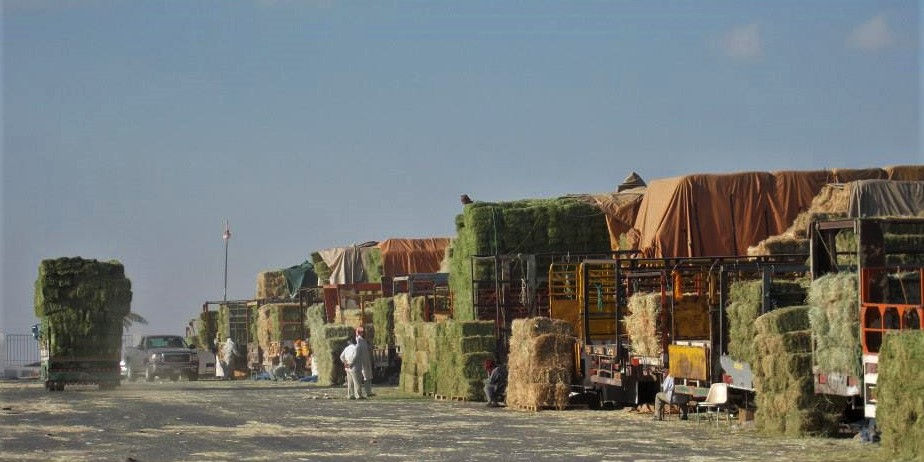Khamis Mushait: Camel Market
- Matthew P G

- Mar 2, 2023
- 2 min read
Updated: Mar 17, 2023


December 2013
I had only been at King Khalid University for a semester. I barely traveled outside of my neighborhood by that point. Getting used to life in Abha was taking a lot more time than I expected and add to that I was still dealing with the crash and burn of my previous life. When my student at the time, Saad, invited me for a drive one day to Khamis Mushait to see the Camel Market I jumped at it. I was game to get out of Abha, even if it was just a 30 minute drive away.
The camel market was actually out on the outskirts of the city, located in a flat dusty place where temporary corrals were set up. Men brought camels from all over the region to sell. I finally felt like I was in Saudi Arabia and seeing something "very Saudi". We wandered around looking at the different animals (there were goats and sheep, too). The scale of the place was massive, yet it was well-ordered and easy to navigate. The one thing I didn't understand was exactly why people wanted camels at all.
On my walks with WBT [see: Desert Walks] we saw countless camels. Our Saudi friends and colleagues emphasized to us "there are no wild camels in Saudi Arabia". The question remained, "why own one?" Camel meat was eaten, but rarely, and only as a special treat. Not only that, the meat was always taken from a young camel. Camel milk was drunk, but again rarely because it required a lot of processing (mainly self-pasteurization) and most people couldn't be bothered. Camels were extremely expensive, too. So, who would buy one just to release it into the abundant vacant land around Asir Province only to let it roam? What was the point?
Included in the responsibility of ownership was feeding camels. The photo shows all those trucks lined up with hay (from Egypt) which sold for 7-8 dollars per bale (!) Camels were large animals and ate a lot. The whole situation was staggering. People paid a lot of money for a camel that they let roam around free-range and then supplemented its diet with extraordinarily expensive fodder from Egypt. Saad couldn't answer any of my questions about camel ownership because he had never thought of "why". In fact, few people question why when something is imbedded deeply in a culture. Camels were a part of Saudi culture - there was no need to explain more.
In a reflective moment, I wondered just how many things I was doing because "they were a part of my culture" for which I had no reasonable explanation? I never realized how philosophical the visit to camel market could be.

Comments